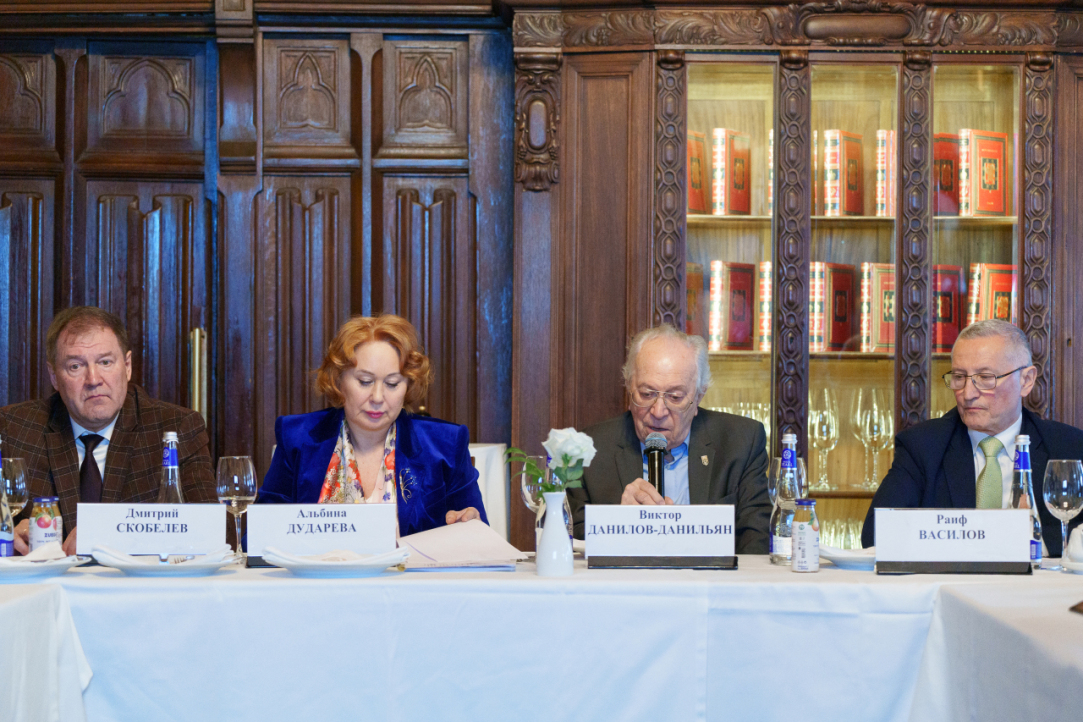A Roundtable Discussion of the Working Group “Ecology, Energy Transition, and Social Justice” Took Place in Moscow
On February 22, HSE University in Moscow hosted a round table of the Working Group “Ecology, Energy Transition, and Social Justice” within the BRICS Civil Forum. The event was moderated by Albina Dudareva, Executive Director of the All-Russian Society for Nature Conservation.

Experts addressed concerns about environmental education, the importance of developing environmental technologies and biotechnologies, and global climate difficulties throughout the meeting. The discussions centred around proposals put forward by the Russian side aimed at shaping stance papers for the BRICS Civil Forum, which will go through additional international discussion with participation from all member nations. A crucial objective for the participants was to develop civil society proposals for the BRICS country leaders, intended for inclusion in the Address for the upcoming Summit of the Future.
According to Natalia Ryazanova, Head of the Laboratory of Geoecology and Sustainable Wildlife Management at MGIMO University, “political discourse surrounding nature conservation remains relatively underdeveloped, even though the issue has risen from the 13th place to become one of the top priorities”.
Viktor Danilov-Danilyan, Scientific Head of the Water Problems Institute of the Russian Academy of Sciences, stated: “The market mechanism for biodiversity protection has not been integrated. Russian businesses with lower emissions are not financially motivated to preserve wildlife.”
“We emphasize the crucial role of cultural and natural heritage, and as part of expanding and deepening cooperation within BRICS, a proposal was made to establish a Council for the Protection of Cultural and Natural Heritage,” stated Yulia Sukhorukova, Expert at the All-Russian Society for Nature Conservation.
Yulia Sukhorukova, Expert at the All-Russian Society for Nature Conservation, noted: "We emphasize the crucial role of cultural and natural heritage, and as part of expanding and deepening cooperation within BRICS, a proposal was made to establish a Council for the Protection of Cultural and Natural Heritage".
In the course of the meeting, participants worked out the structure for communication between members of the working groups and talked about the basic methods for creating Russian suggestions for the stance papers under the BRICS Civil Track.
Follow-up discussions will continue at the national level in both face-to-face and online forms and will subsequently involve representatives from the BRICS states.
